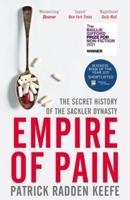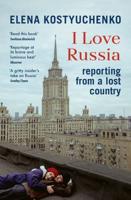Publisher's Synopsis
In the nineteenth century, Americans came to the Yucatan peninsula in search of fortune, taking advantage of cheap Mayan labor and abundant natural resources. Like their other white predecessors, these foreigners inspired hatred among the indigenous population for their arrogance and oppression. In 1875, American Robert Stephens, along with many of his workers and their wives and children, was killed at the Xuxub sugar plantation he managed, victims of Maya rebels. To this day, the motive remains unclear, shrouded in mystery like the overgrowth that consumes the remains of the once-thriving plantation. Was Xuxub a clash of culture and economics, a local power struggle, an act of war - or simply cold-blooded murder? Paul Sullivan first heard of this mystery while living among the Maya as an anthropologist. Nearly a decade later, work on another story led him to archival records about the murders. Sullivan's research unveiled a complex maze of characters and events, seemingly drawn from fiction, that he employs along with local storytelling to illuminate the dark forces at work on that fateful day. The result is a fascinating blend of fact, opinion, and myth that examines the motives and perspectives of those lives that Xuxub ensnared, and the diplomatic and legal battles that resulted from the heinous crime that made front-page news in New York and caused a public outcry demanding justice for an American simply ""trying to make a living."" Sullivan masterfully weaves the intricately tangled threads of this story into a fascinating account of human accomplishments and failings, in which good and evil are never quite what they seem at first, and truth proves to be elusive.










